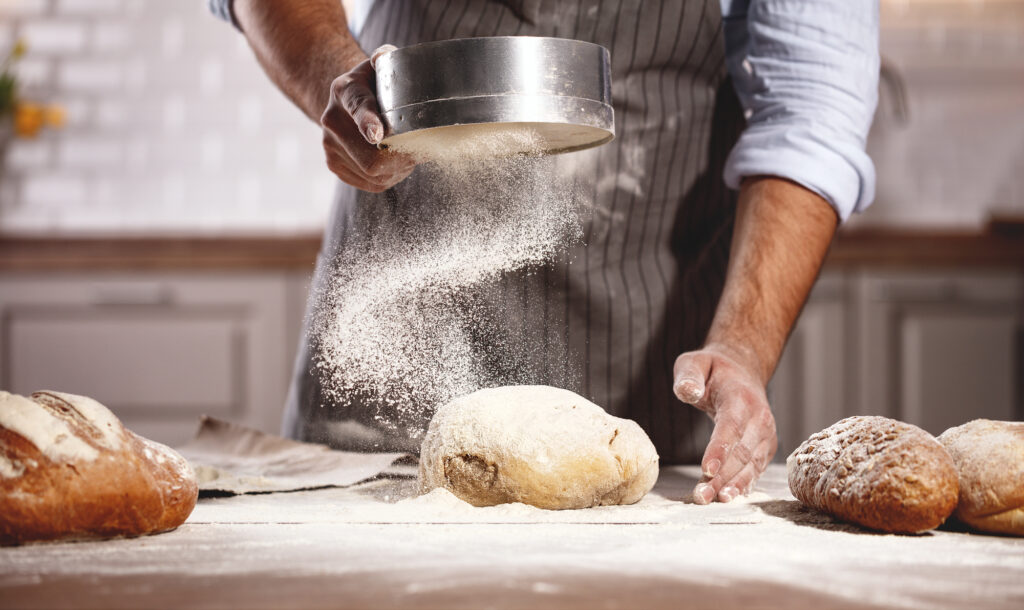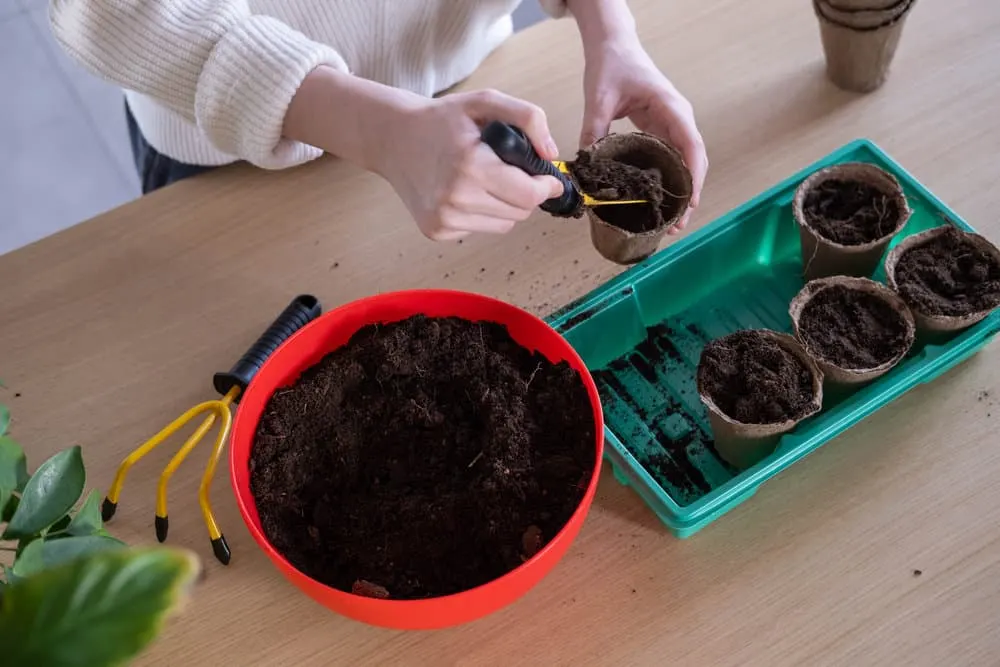Hands-on hobbies and vintage skills are making a comeback. Today, more people turn to sourdough baking, canning, gardening and fermenting, driven by a growing interest in self-sufficiency and a simpler way of life. Here's how old-time practices find new life in kitchens and backyards across the United States.

The rise of old-time skills and their modern appeal
Whether sparked by a desire to reconnect with the past or fueled by modern-day concerns, a renewed interest in traditional crafts and homesteading activities as hobbies is growing nationwide. Skills that once seemed quaint or outdated are making a comeback, capturing the attention of everyone from urban dwellers to suburban families.
Indeed, sourdough starters and mason jars have always had their place in niche communities. However, today, these topics have found a larger audience on social media and in mainstream culture.
One major factor in this resurgence is the desire to live more sustainably. As concerns about food sourcing, environmental impact and self-reliance continue to grow, these hobbies offer a way to reduce waste, connect with nature and embrace eco-friendly lifestyles.
Another reason behind their popularity is the appeal of slowing down and working with one's hands. This is a stark contrast and a welcome relief to the digital world where many people spend their daily lives.
From homesteading to modern-day self-sufficiency
The trend toward vintage and hands-on hobbies reflects a larger societal movement toward self-sufficiency. The pandemic played a role in accelerating this trend, as people spent more time at home and found themselves looking for productive ways to occupy their time.
For some, picking up vintage skills provided a therapeutic way to manage stress during lockdowns. It may also offer a newfound sense of empowerment as newcomers to hands-on hobbies learn to provide for themselves and their families.
For example, canning, fermenting and baking sourdough bread are hobbies that also provide a way to preserve food, make meals from scratch and reduce reliance on store-bought goods.
Gardening in a backyard plot, a community garden or even in containers allows people to grow produce and make choices about their food.
"There's something about growing your own food that really resonates right now, especially for people living in cities," says Shruthi Baskaran-Makanju, founder of Urban Farmie. "As someone who's been a prolific urban gardener for over 10 years, I've seen how it helps people slow down, reconnect with nature and take control of what's on their plate — even if they only have a small balcony or a windowsill."
Baskaran-Makanju suggests beginner gardeners try easy plants like herbs or greens that don't need much space but still offer the opportunity to succeed at growing food. "It's less about perfection and more about enjoying the process," she says.

Self-sufficiency on social media
Gone are the days when the only way to learn these crafts was at the hands of an elderly family member or friend. Today, platforms like TikTok, Instagram and YouTube play an important role in bringing these old-fashioned hobbies to new and younger audiences, where influencers share tutorials, tips and behind-the-scenes looks at their daily practices.
Homesteading, self-sufficiency and artisan creators share their knowledge of these crafts on social media with step-by-step video tutorials. Their posts highlight the satisfaction and fulfillment derived from hands-on skills while sharing glimpses of how these hobbies fit into their lifestyles.
The visual nature of these platforms lets viewers see the tangible results of these hobbies. Whether it's a jar of freshly made jam, a blooming garden or a loaf of perfectly crusty sourdough bread, their posts make the activities appear accessible and rewarding.
Sustainability and simple lifestyles
Many traditional hobbies popular on social media align closely with the growing interest in sustainable living practices. Fermentation, for example, allows people to make nutrient-dense, preserved foods like sauerkraut and kombucha at home, reducing food waste and packaging. Preserving and canning allow storing seasonal produce throughout the year, reducing reliance on out-of-season, imported fruits and vegetables.
Gardening, too, ties into the wider trend of sustainable living. It allows individuals to practice organic gardening techniques, compost kitchen scraps and grow heirloom seed varieties. These activities contribute to self-sufficiency and encourage a more thoughtful approach to consumption and waste.
Additionally, there's an emotional aspect to the rise of these hobbies. Once inspired by their favorite social media creator, the hands-on, tactile nature of crafts like sourdough baking or gardening allows people to disconnect from technology, slow down and focus exclusively on just one activity. They may find a sense of accomplishment that digital work lacks and even begin to view their new hobbies as antidotes to the fast pace of modern life.
How to get started with hands-on hobbies
For those interested in exploring these hands-on hobbies, starting small is key. A beginner can start by learning the basics.
Growing a small kitchen garden, making a simple loaf of bread or trying out a small batch of homemade jam gives newbies a chance to try a new skill. Many communities also offer local workshops, and libraries often carry books on these vintage skills for those wanting to delve deeper.
Hobbies for a self-sufficient, sustainable, simple life
In a world where convenience often reigns supreme, there’s a renewed interest in traditional skills. Pursuing hobbies like canning, fermenting, sourdough baking and gardening may suggest a collective social desire to slow down, engage with nature and embrace sustainability.
Rooted in history, these hobbies equip a new generation with practical skills and a more profound sense of fulfillment. As people seek a balance between modern living and old-world craftsmanship, this resurgence of hands-on hobbies will likely grow and evolve.
Sarita Harbour is a long-time business and personal finance writer. She created An Off Grid Life to help readers everywhere become more prepared and self-reliant.
This article originally appeared on Food Drink Life.
